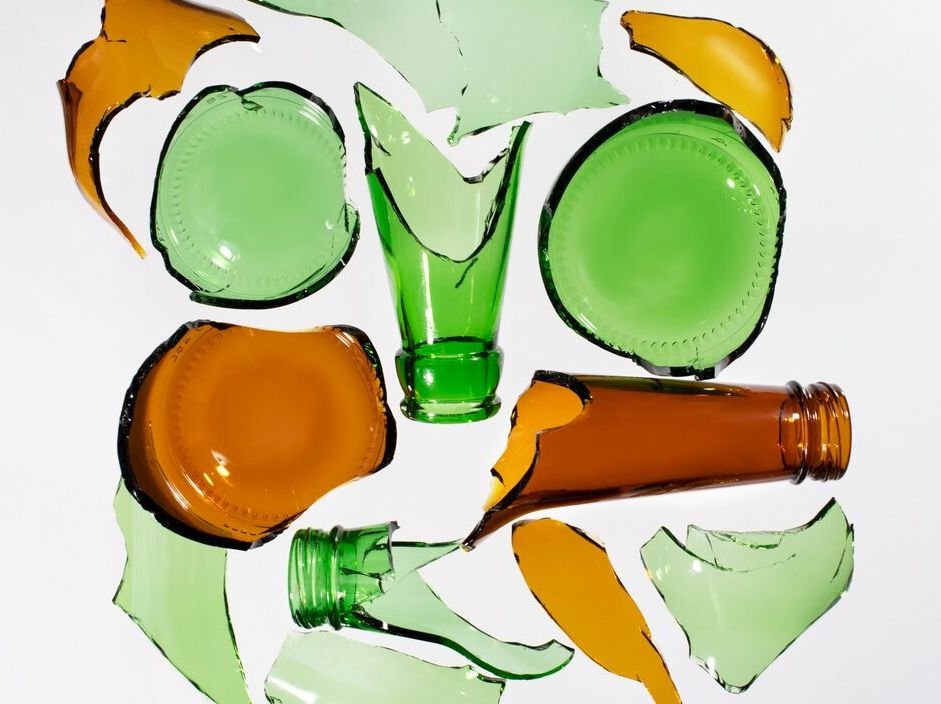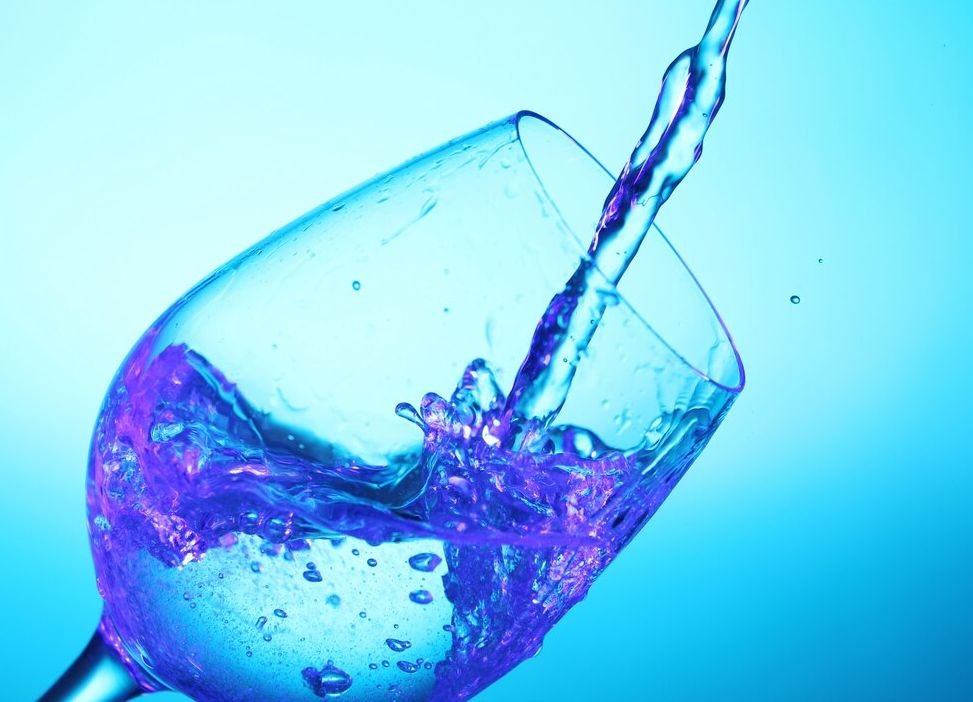Alcohol and Hair Loss: Unveiling the Link
Hair loss is a widespread issue that affects millions of people globally, causing significant emotional and psychological distress. While genetic predisposition, hormonal changes, and medical conditions are well-established causes, lifestyle factors such as alcohol consumption are often questioned. Does alcohol contribute to hair loss? This article explores the scientific evidence to clarify the relationship between alcohol and hair health.


Understanding Hair Loss
Hair loss, medically referred to as alopecia, can occur due to various reasons:
-
Androgenetic Alopecia (AGA): The most common form of hair loss, influenced by genetics and hormones.
-
Telogen Effluvium: Temporary shedding caused by stress or physiological changes.
-
Alopecia Areata: An autoimmune disorder leading to patchy hair loss.
While alcohol does not directly cause these conditions, it can exacerbate factors that impact hair health, such as nutrient deficiencies, dehydration, and stress.


How Alcohol Affects Hair Health
1. Nutritional Deficiencies
Excessive alcohol consumption interferes with the body’s ability to absorb essential nutrients necessary for hair growth. Nutrients such as zinc, iron, biotin, folic acid, and vitamin B12 are crucial for maintaining healthy hair follicles. Chronic alcohol use can lead to deficiencies in these nutrients, weakening hair structure and promoting shedding [1,2].
2. Dehydration
Alcohol acts as a diuretic, increasing fluid loss through urination. Dehydration affects the scalp and hair follicles by reducing moisture levels, leading to brittle and fragile hair prone to breakage [3].
3. Hormonal Imbalances
Alcohol disrupts the endocrine system, potentially altering levels of hormones like testosterone and estrogen. Hormonal imbalances can accelerate conditions such as androgenetic alopecia in genetically predisposed individuals [4].
4. Stress and Telogen Effluvium
Excessive drinking is often associated with heightened stress levels and poor sleep quality—both of which can trigger telogen effluvium. This condition causes a significant portion of hair follicles to enter the resting phase prematurely, resulting in noticeable shedding [5].
5. Liver Function
The liver plays a vital role in detoxification and hormone regulation. Chronic alcohol abuse can impair liver function, leading to systemic inflammation and hormonal disturbances that indirectly affect hair health [6].
Scientific Evidence on Alcohol and Hair Loss
Research on the direct relationship between alcohol consumption and hair loss is limited but provides valuable insights:
A systematic review found no strong evidence linking moderate alcohol use with androgenetic alopecia but highlighted that excessive drinking might exacerbate factors contributing to hair thinning [7].
Observational studies suggest that heavy drinkers are more likely to experience nutrient deficiencies and lifestyle-related stressors that indirectly affect hair growth [1].
Debunking the Myth: Alcohol as a Direct Cause
Alcohol does not directly cause permanent forms of hair loss like androgenetic alopecia or alopecia areata. Instead, its effects on hydration, nutrition, stress levels, and hormonal balance create an environment where hair health may deteriorate over time.
Practical Tips for Maintaining Healthy Hair
If you are concerned about the potential impact of alcohol on your hair:
- Moderate Consumption: Follow NHS guidelines of no more than 14 units of alcohol per week.
- Stay Hydrated: Drink plenty of water alongside alcoholic beverages.
- Focus on Nutrition: Include foods rich in zinc, iron, biotin, and vitamins in your diet.
- Manage Stress: Practice relaxation techniques such as yoga or meditation.
- Consult Professionals: Seek advice from a healthcare provider if you notice significant or sudden hair loss.

Conclusion
While moderate alcohol consumption is unlikely to cause significant hair loss, chronic or excessive drinking can indirectly affect your locks by depleting nutrients, causing dehydration, disrupting hormones, and increasing stress levels. Maintaining a balanced lifestyle with proper nutrition and hydration is essential for preserving healthy hair.
At Cure & Travel, we understand how important it is to feel confident about your appearance. If you’re considering advanced solutions like hair restoration treatments or transplants as part of your health journey, our team is here to guide you every step of the way.
IMPORTANT NOTICE: As a company, we are not against alcohol consumption; we stand by personal freedoms and are generally moderate drinkers. However, we believe in the importance of drinking responsibly.

References
- Elithair. Nutritional deficiencies linked to chronic alcohol use: Impact on hair health.
- Pilot Health Guide. Alcohol-induced nutrient depletion: Implications for dermatological conditions.
- Treatment Rooms London. The role of hydration in maintaining scalp health.
- Academic OUP Journal. Hormonal imbalances in chronic alcohol users: Effects on androgenetic alopecia risk.
- Conifer Park Blog. Stress-related telogen effluvium: A review of contributing factors.
- Townsend Blog. Liver dysfunction associated with chronic alcoholism: Impacts on systemic inflammation.
- PubMed Database Analysis on Alcohol Consumption’s Impact on Hair Loss Risk Factors.
Blog
Can Red Light Therapy Reverse Hair Loss? A Scientific Perspective
Can Red Light Therapy Reverse Hair Loss? A Scientific PerspectiveHair loss is a widespread concern, affecting individuals across genders and age groups. With advancements in non-invasive treatments, red light therapy (RLT), also known as low-level laser therapy...
Your Needs, Our Solutions: Addressing Hair Loss with Cure & Travel
Your Needs, Our Solutions: Addressing Hair Loss with Cure & Travel Hair loss can be a distressing experience for many people, whether it's due to environmental factors, lifestyle choices, or genetics. At Cure & Travel, based in London, we understand the...
Why Are You Losing Your Hair? Here Are the Top 10 Reasons
Why Are You Losing Your Hair? Hair loss, medically referred to as alopecia, is a common concern that can affect individuals of all ages and genders. Understanding the underlying causes is essential for addressing this issue effectively. Below, we explore the top 10...






